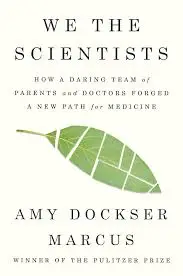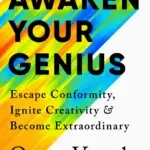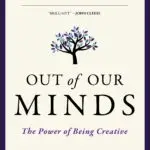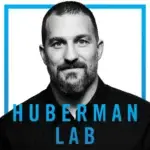
We the Scientists
How a Daring Team of Parents and Doctors Forged a New Path for Medicine
Amy Dockser Marcus
Riverhead Books (2023)
Key Takeaways
- Traditional medical research can move slowly—especially when lives are on the line.
- Progress accelerates when families, doctors, and researchers collaborate as equal partners.
- People living with health conditions bring lived knowledge that can shape more effective care and research.
- Drug development is often a long road, but determination and advocacy can make a difference.
- Patient advocacy groups ensure those most affected have a voice in decision-making.
- Courage, collaboration, and persistence are the real drivers behind breakthroughs in rare disease research.
Click to read full summary
The Essentials
We the Scientists tells the powerful true story of families confronting Niemann-Pick type C (NPC), a rare, life-limiting disease that affects the brain and body. Faced with limited treatment options and slow-moving research, these parents didn’t wait. They became “citizen scientists,” partnering with physicians and researchers to change the pace of progress.
The book centers on families like Chris and Hugh Hempel, whose twin daughters, Addi and Cassi, were diagnosed as toddlers, and Dana, a young girl struggling to keep up with her peers. These families didn’t just participate—they led. They learned to gather data, push for clinical trials, and engage with regulators like the FDA. Doctors like Forbes “Denny” Porter and Mark Patterson became collaborators, not just care providers.
This isn’t just a story about one disease. It’s a blueprint for change. The book challenges the traditional, slow, and siloed research model—showing how meaningful progress happens when people work together across disciplines, roles, and lived experience. It also explores the ethical tensions families face when hope and urgency intersect with scientific caution.
Why This Matters for FND
While Niemann-Pick and Functional Neurological Disorder (FND) are very different conditions, the core message resonates:
- Lived experience is expertise. People with FND and their care partners understand the condition in ways that can shape better research and care.
- Progress depends on partnership. Collaboration across patients, families, clinicians, and scientists creates faster, more effective solutions.
- Urgency is valid. Like NPC families, the FND community often waits too long for meaningful answers.
- Inclusion fuels innovation. Science works best when everyone affected has a seat at the table.
This book affirms that meaningful medical change isn’t just about what happens in a lab—it’s about the courage to challenge the system and work together to build something better.
Practical Applications
For People with FND:
- Share your day-to-day experiences with your care team—they’re critical to shaping more personalized support.
- Join FND advocacy groups or community forums to raise awareness and drive change.
- Stay curious. Learn about FND-related research and explore clinical trials if you’re interested.
For Care Partners:
- Help capture and communicate symptoms to support accurate care planning.
- Connect with other caregivers to exchange knowledge and encouragement.
- Support involvement in advocacy or research—even small efforts can make a big difference.
When This is Most Helpful
This resource is especially powerful if you:
- Feel stuck with a diagnosis that has few clear treatment paths.
- Are frustrated by the slow pace of medical progress.
- Want to explore how families and professionals can reshape the future of care—together.
- Need a reminder that your voice matters in the medical system.
Citation
Dockser Marcus, A. (2023). We the Scientists: How a Daring Team of Parents and Doctors Forged a New Path for Medicine. Riverhead Books.
Buy it on Amazon
This summary is provided for informational purposes only and does not constitute medical, financial, or legal advice. It is not intended to replace professional consultation or treatment. Always consult qualified providers regarding your specific circumstances, symptoms, or questions.



